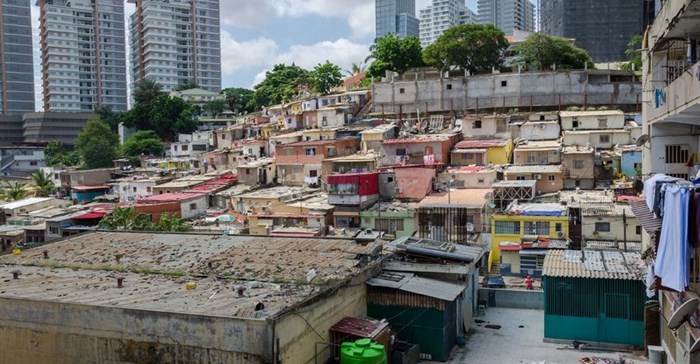Africa's most expensive cities to work in

Victoria in the Seychelles ranks 14th most expensive city, sharing the same ranking with Moscow. Cape Town, Blantyre and Windhoek rank amongst the 15 cheapest cities globally.
In a rapidly changing world, mobility has become a core component of multinational organisations’ global talent strategy. To support the growing number of international assignees working in an increased number of locations, organisations are focusing on evaluating assignments from a cultural perspective, preparing for regional and lateral moves, and modifying compensation approaches to stay competitive.
As organisations grapple with these challenges, they are working hard to accommodate the needs of their workforce and to support employees’ careers. According to Mercer’s 2017 Global Talent Trends Study, fair and competitive pay as well as opportunities for promotion are top priorities for employees this year – not surprising given the current climate of uncertainty and change.
As a result, multinational organisations are carefully assessing the cost of expatriate packages for their international assignees. Mercer’s 23rd annual Cost of Living Survey finds that factors like instability of housing markets and inflation for goods and services contribute to the overall cost of doing business in today’s global environment.
“Globalisation of the marketplace is well documented with many companies operating in multiple locations around the world and promoting international assignments to enhance the experience of future managers,” said Ilya Bonic, senior partner and president of Mercer’s career business. “There are numerous personal and organisational advantages for sending employees overseas, whether for long- or short-term assignments, including career development by obtaining global experience, the creation and transfer of skills, and the re-allocation of resources.”
Mercer’s 2017 Cost of Living Survey finds Asian and European cities – particularly Hong Kong (2), Tokyo (3), Zurich (4), and Singapore (5) – top the list of most expensive cities for expatriates. The costliest city, driven by cost of goods and security, is Luanda (1), the capital of Angola (view the Top 15 Cities Ranking here: APO.af/hrS2vG).
Other cities appearing in the top 10 of Mercer’s costliest cities for expatriates are Seoul (6), Geneva (7), Shanghai (8), New York City (9), and Bern (10). The world’s least expensive cities for expatriates, according to Mercer’s survey, are Tunis (209), Bishkek (208), and Skopje (206).
Mercer's authoritative survey is one of the world’s most comprehensive, and is designed to help multinational companies and governments determine compensation allowances for their expatriate employees. New York is used as the base city and all cities are compared against it. Currency movements are measured against the US dollar.
The survey includes over 400 cities across five continents and measures the comparative cost of more than 200 items in each location, including housing, transportation, food, clothing, household goods, and entertainment.
“While historically mobility, talent management, and rewards have been managed independently of one another, organisations are now using a more holistic approach to enhance their mobility strategies. Compensation is important to be competitive and must be determined appropriately based on the cost of living, currency, and location,” said Bonic.
Source: African Press Organisation

APO is the sole press release wire in Africa, and the global leader in media relations related to Africa. With headquarters in Dakar, Senegal, APO owns a media database of over 150,000 contacts and the main Africa-related news online community.
Go to: www.bizcommunity.com/PressOffice.aspx?cn=apogroup






















